Thyroid removal is surgery to remove all or part of the thyroid gland located at the base of the neck. This procedure, technically known as thyroidectomy, is performed to treat a range of thyroid disorders. Whether all or part of the thyroid gland is removed will reflect the reason for the surgery.
Are there different techniques for thyroid removal?
Yes, there are several different surgical approaches to thyroid removal:
- Endoscopic: This less invasive approach requires smaller incisions. An endoscope (flexible tube with a tiny camera on the end) and surgical instruments are inserted through the incisions. The camera transmits images to an external screen to guide the surgeon through the procedure.
- Transoral: In this approach to thyroidectomy, an incision is made inside the mouth to avoid an incision in the neck.
- Conventional: The surgeon makes an incision in the center of the neck to access the thyroid gland directly. Most people who require thyroid removal are candidates for the conventional approach.
How should I prepare for thyroid removal?
Our surgeon will provide you with specific instructions on how long before surgery to refrain from eating or drinking (to avoid anesthesia complications). If the condition being addressed is hyperthyroidism, your doctor may prescribe medications in advance of surgery to control thyroid function and lower bleeding risk. If you are allowed to return home the same day of surgery, you will need to have someone there to drive you home.


